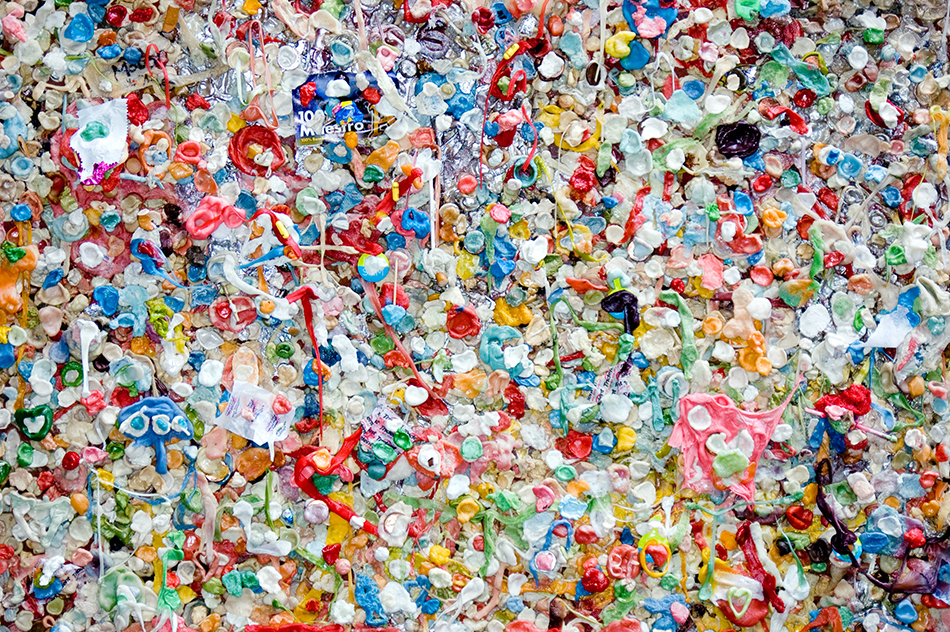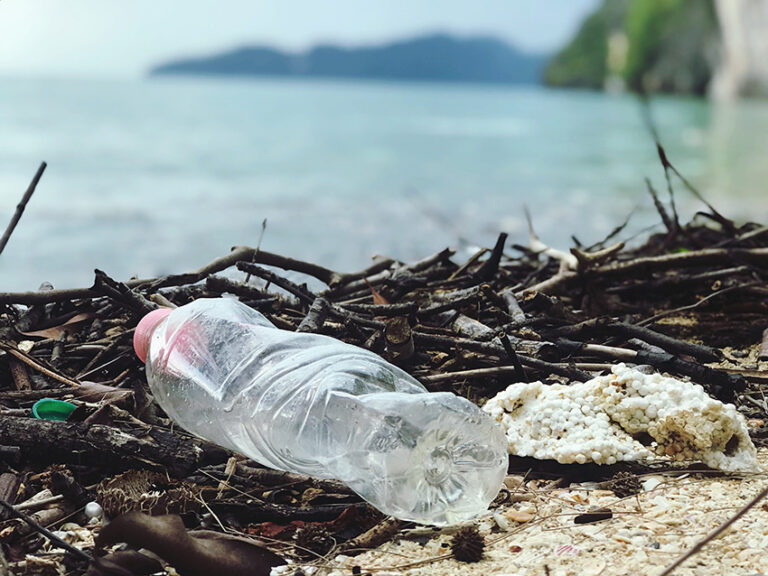Let’s face it: there’s a massive excess of plastic on this planet, and the race is on to find ways to use it, store it, or otherwise get rid of it in a way that does as little harm to the environment as possible. For years, innovators have looked for ways to convert plastic to fuel, and a recent presentation at the American Chemical Society fall meeting in Chicago, Illinois might just be one of the coolest ideas out there.
Innovative Plastic Recycling
The whole idea behind this proposed method of plastic recycling is “doing more with less.” In fact, the presenters used the term “upcycling” rather than recycling because their idea converts plastic into commodity chemicals rather than new plastic. There are a couple of serious issues that result from today’s plastic recycling endeavors:
- Methane production – Methane is a very common (and also very undesirable) greenhouse gas that is produced in large quantities using traditional plastic recycling methods. Methane in the atmosphere traps heat, which contributes significantly to global warming and climate change.
- The use of precious metals – In order to recycle plastic into natural gas that is fit to be used as fuel, facilities have long relied on a precious metal called ruthenium to help them break chemical bonds in the plastic polymers. Though this has been touted as nothing short of genius in many plastic recycling endeavors, the truth is that ruthenium is expensive, which makes recycling less attractive from a financial standpoint.
The proposal at the American Chemical Society’s meeting changes all of this, which could make it far simpler – and even less expensive – to convert plastics into fuel.
It’s All about Breaking the Bonds
All petroleum-based plastic waste contains carbon-based chemicals that can be very useful in various situations, but up to this point, it has been difficult to break the chemical bonds in the plastic polymers that allow the extraction of those useful chemicals. Ruthenium has been the catalyst for a while now, and there’s no doubt that it works very well, but because it is a precious metal – rare, in other words – it is highly expensive. The new method for converting plastic to fuel reduces the reliance on ruthenium, thereby making the process far more economically sound.
In fact, by introducing hydrogen, which is the single most abundant atom in the universe that accounts for about 75% of all the matter we see around us, the team was able to break chemical bonds with less ruthenium, and the results were even better. Their work is all focused on atom trapping and single-atom catalysts, and while it sounds quite complex (because it is), the team says it’s actually much simpler than many of the processes being used to upcycle plastic into fuel today.
The truth of the matter is that we are decades away from sustainably producing fuel from plastic in a way that does less harm than good, but discoveries like these put us one step closer to cleaning up our planet. In the meantime, actions like refusing single-use plastics and replacing everyday plastic items – like toothbrushes – with more sustainable alternatives is the way forward.






